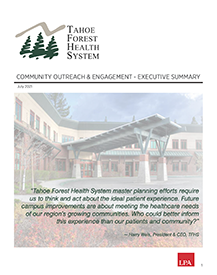From Surviving to Thriving: Chronic Pain Self-Management Essentials

Chronic pain affects an estimated 100 million Americans, making it one of the most common long-term health conditions in the United States. While it is not typically life-threatening, its impact can be profound, touching nearly every aspect of daily life, including work, relationships, family roles, emotional well-being, and self-image.
Unlike other health conditions, chronic pain often lacks the same public visibility, celebrity advocacy, or large-scale awareness campaigns. As a result, it can be misunderstood, underestimated, and sometimes stigmatized. Misconceptions may lead others to perceive those with chronic pain as exaggerating symptoms, lacking willpower, or being overly dependent on medication. These assumptions can cause individuals to withdraw, avoid discussing their pain, and even internalize blame.
Well-meaning friends or family may offer advice based on what has worked for them. While some people benefit from such approaches, results are highly individual, and relief is not guaranteed.
One of the most effective ways to manage chronic pain is to combine appropriate medical care with self-management strategies that focus on building resilience, fostering emotional well-being, and reducing the mental burden of pain. While pain itself may not be fully controllable, individuals can influence their response to it. Practicing mindfulness, focusing on the present moment, and regularly identifying areas of gratitude can help shift attention away from fear or frustration. Techniques such as deep breathing, body scans, and mindfulness practices can interrupt cycles of stress and support a more balanced mental state.
Self-management and self-compassion play a central role in living well with chronic pain. This means listening to the body’s signals, adapting activities to current capacity, and recognizing that “doing your best” will vary from day to day. On higher-energy days, it may be possible to engage more fully in activities; on lower-energy days, success may mean simply accomplishing essential tasks while conserving resources. Adopting a realistic, nonjudgmental approach allows individuals to maintain dignity, reduce self-criticism, and preserve energy for what matters most.
In essence, effective self-management involves both practical and mental strategies—aligning medical care, lifestyle adjustments, and emotional resilience to help individuals navigate the challenges of chronic pain while enhancing overall quality of life.
Chronic pain is complex, but self-management puts you in an active role in your own care. By combining physical activity, stress reduction, quality sleep, a healthy mindset, and supportive relationships, you can improve daily functioning and quality of life, even while living with pain.
Tahoe Forest Health System offers a FREE Chronic Pain Self-Management Program that covers all of these topics and more! The next class starts Monday, September 9th at 2:00 pm. For more information, contact Tahoe Forest Wellness at (530) 587-3769 or visit tfhd.com/wellness.
- * Featured
- Anniversary
- Board of Directors
- CA Office of the Governor
- Children's Health
- COVID-19
- Employee Highlights
- Gene Upshaw Memorial Tahoe Forest Cancer Center
- Health & Wellness
- Health System Foundation - Giving
- Incline Village Community Hospital
- Informational Brochures & Guides
- Nevada County Public Health
- Orthopedics
- Patient Success Stories
- Stay Healthy: Facts About COVID-19
- Tahoe Forest Health System
- Women's Health




